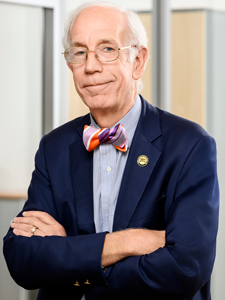 |
A self-described life-long railway activist, Henry Posner III grew up in Pittsburgh, Pennsylvania in the 1970s, which Posner says was “the darkest of times” due to the bankruptcy of the Penn Central Transportation Company. In college Posner held different rail-related positions, including Amtrak ticket sales. and summer jobs at the Official Railway Guide and Rock Island Railroad. After earning a bachelor’s degree in civil engineering from Princeton, Posner entered the Operating Department at Conrail, where he served in the Detroit Division and in New York City in various trainmaster positions. After taking a leave of absence to obtain an MBA from the Wharton School, Posner returned to Conrail to serve in several marketing and sales positions in Philadelphia and New York City, including Manager-Boxcar Deregulation, as the Staggers Act was being implemented. |
|
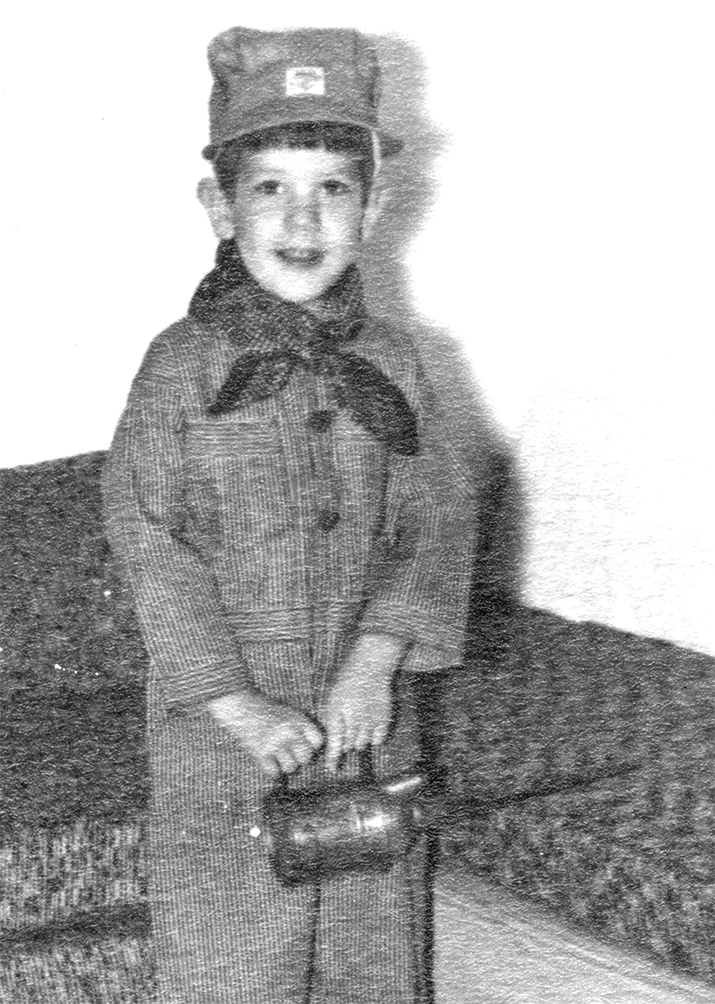 |
Posner notes that the most important outcome of his time at Wharton was not his academic degree but his summer job working for Anne Molloy at Conrail's intermodal subsidiary, Pennsylvania Truck Lines. He and Anne were married in 1982 and have three children, Hannah, Ida and Gus, and two grandchildren, Sam and Helen. In 1987 Posner and Bob Pietrandrea formed Railroad Development Corporation (RDC). After several high-profile failures RDC made its first investment in the Iowa Interstate Railroad at the exact moment rail privatization was evolving in Argentina. The year 1991 was pivotal in that it launched RDC in both the U.S. and overseas. |
|
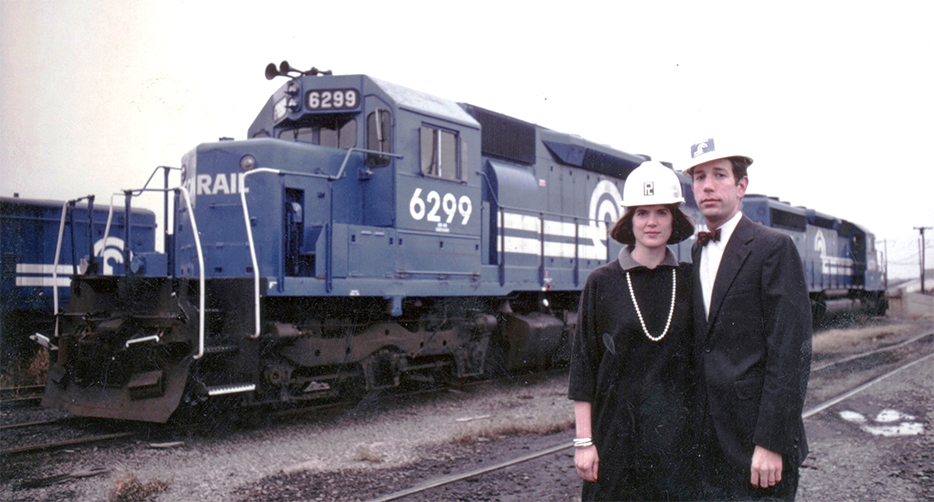 |
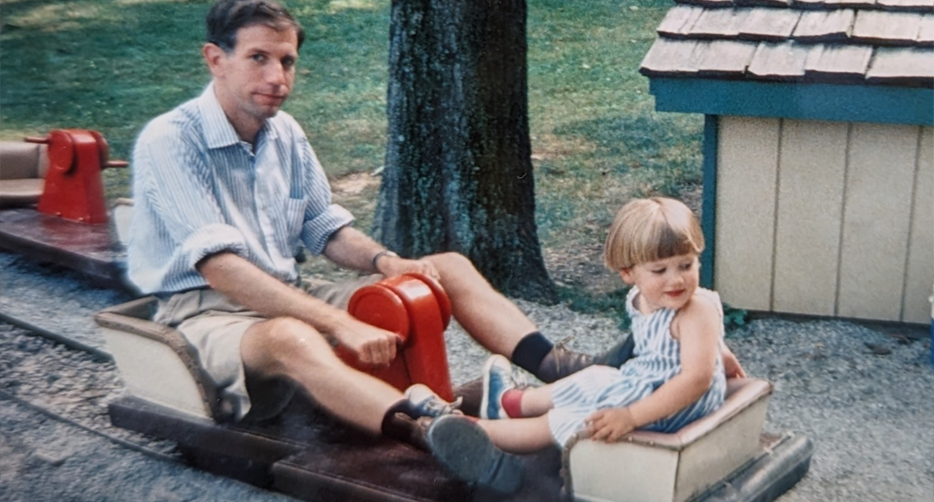 |
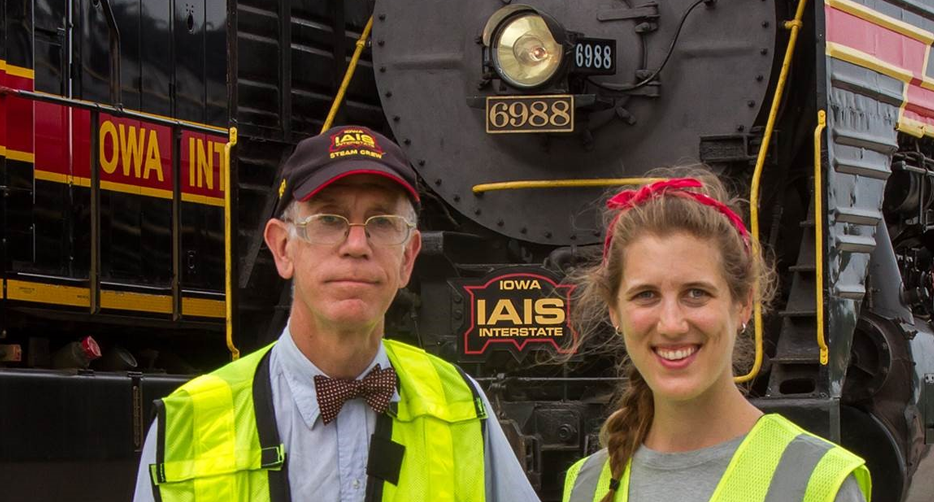 |
Since that time, RDC has become known as much for the places it used to be as for the places it operates today. Past investments include Estonia, Malawi, Mozambique, Argentina, Guatemala and Colombia. Today RDC’s portfolio includes freight and passenger businesses in France, Germany and Peru, and RailPulse. And Iowa Interstate is now known as an industry leader in safety culture, and for RDC’s partnership with iCON Infrastructure. The book Railroaders Without Borders by H. Roger Grant explores the history of RDC.
Along with work in the private sector Posner is active in education and serves on the faculty of Carnegie Mellon University (CMU), teaching an undergraduate course on rail deregulation. He is proud of the number of his students who have gone into the rail industry, including those involved in RDC's latest venture, Pop-Up Metro, an initiative to create value from light-density urban freight lines.
Named one of Trains magazine’s “75 People You Should Know” in 2015, Posner’s experience has proven relevant at the policy level. He serves on the Transportation Research Board’s Agriculture and Food Transportation Committee and joined the newly formed Surface Transportation Board (STB) Passenger Rail Advisory Committee, where he is co-chair.
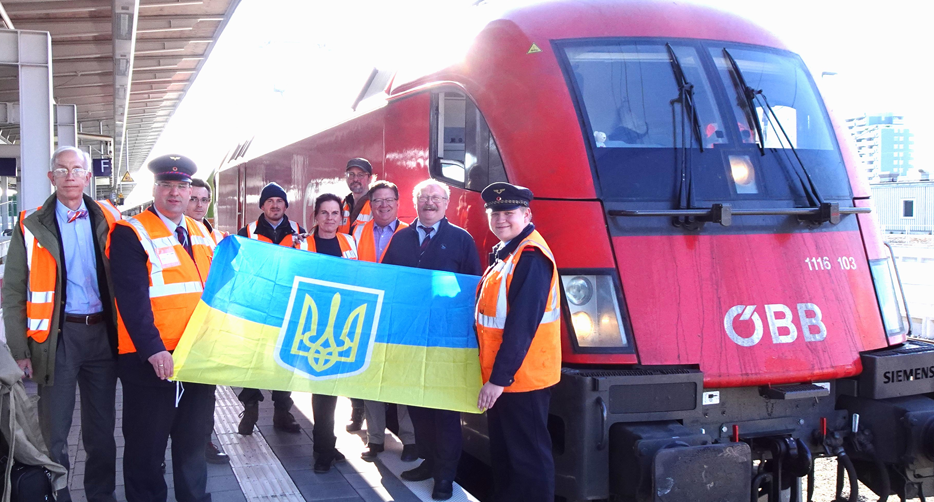 |
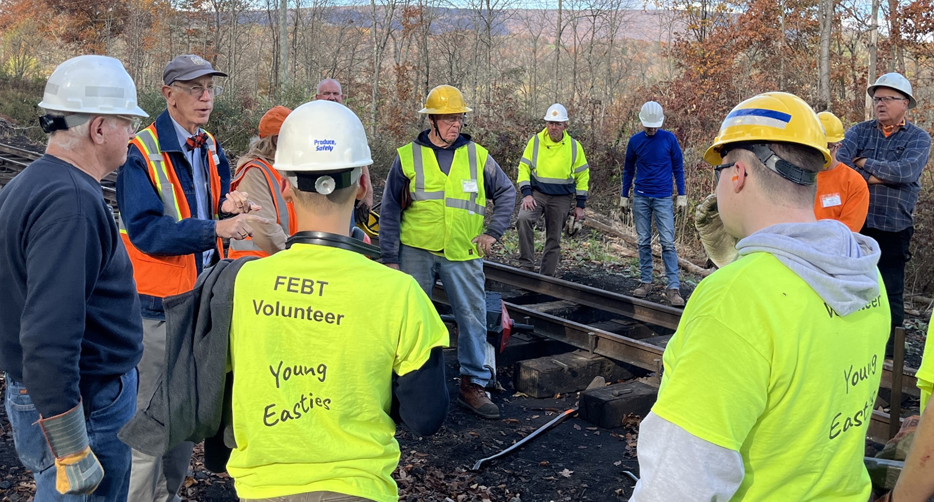 |
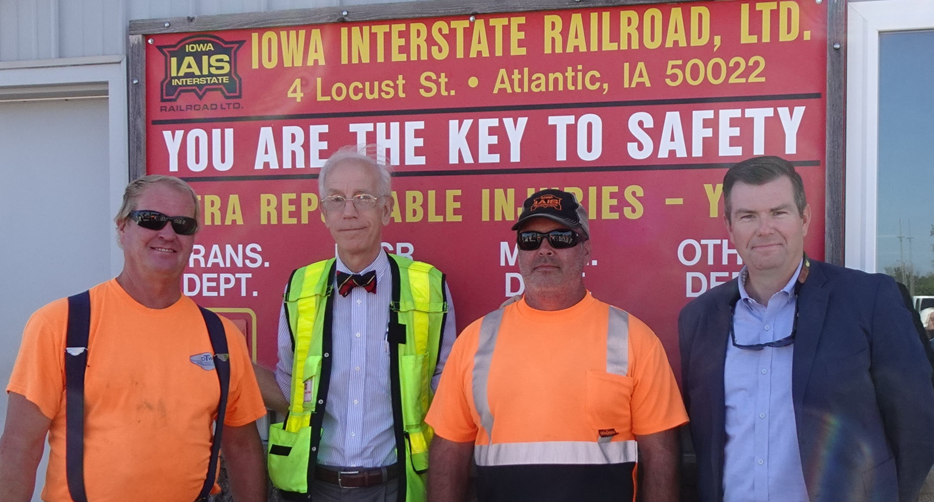 |
He serves as chairman of the Posner Foundation, which supports causes like Operation Lifesaver. And as a Spanish, French and Russian speaker, he was able to put his language and cultural skills to work in 2022 when RDC Deutschland was called upon to move Ukrainian evacuees from the Polish border to Hannover.
Posner is active in rail preservation and serves as president of the EBT Foundation, a nonprofit organization formed to purchase and restore the East Broad Top Railroad in Central Pennsylvania. An avid photographer who has chronicled railroads around the world, Posner’s photo archive is at the Center for Railroad Photography and Art where he has a book project underway.
In addition to railways and culture, Posner has a passion for governance and is an emeritus trustee and former president of the Winchester Thurston school, and a board member of the Independent School Chairperson’s Association.
Still, for Posner, his single most important work is promoting the rail industry to the next generation. In addition to CMU students, the Friends of the East Broad Top’s Young Easties program engages high school students. And Posner’s daughter Ida followed him into the industry almost eight years ago, which he says “in and of itself is a lifetime achievement award.”